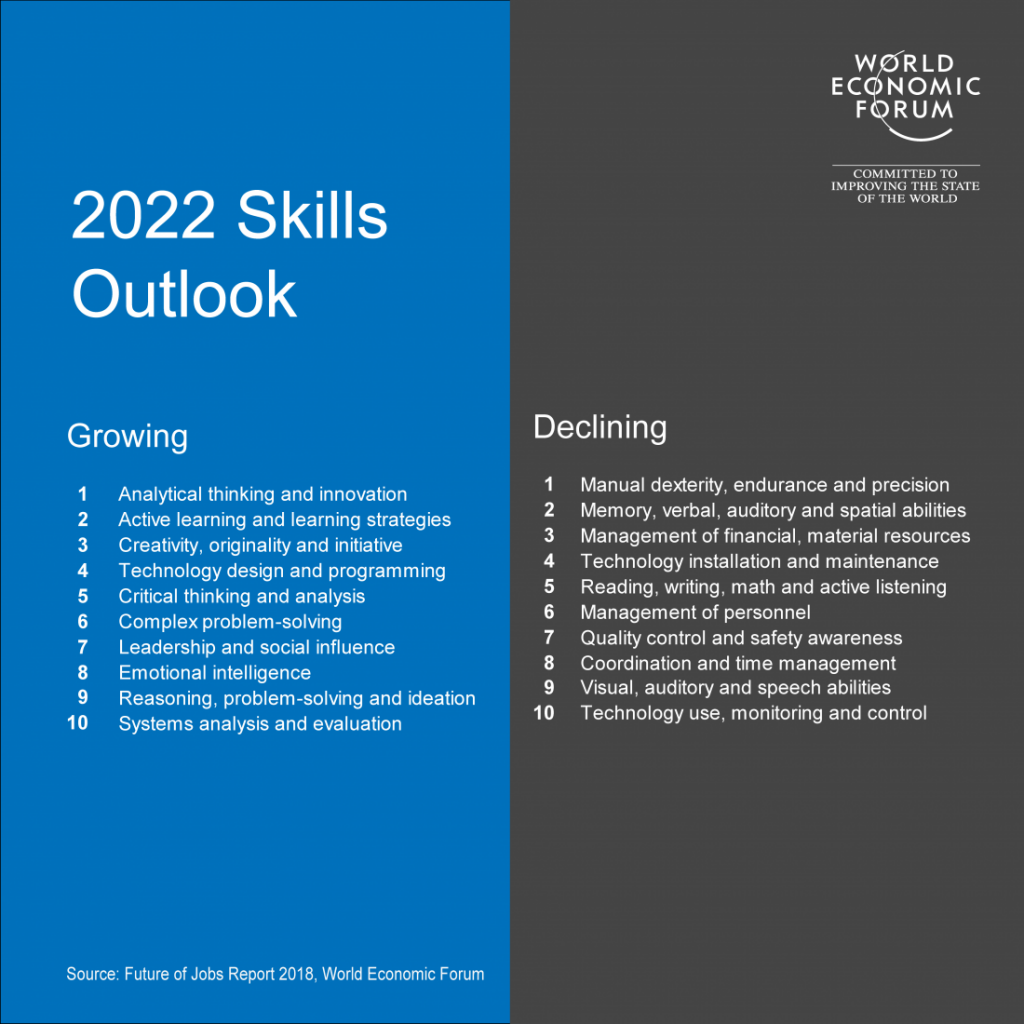According to research from Brookings – a Washington based research institution – By 2030, more than half of the jobs in the world will be STEM – Science Technology Engineering and Mathematics – based.
We get tired of complaining about all the things we can’t seem to get right as a nation. Yet, the fact remains that no matter where we go as Nigerians we have no other identity but this one! Investing in Nigeria’s future will be the only way we can secure our economy. With employment rates hanging at 18.8% and over 10.5 million children out of school. The challenges may seem insurmountable, yet hopelessness is a luxury we cannot afford.

So let’s look at The Why?
The causes of disruption in skills needed to survive has been evolving from the beginning of time. So there really is nothing to panic about. Before the industrial revolution men had to either be farmers of hunters, but with the arrival of the first industrial revolution, the use of machines to farm and process meat changed the kind of skills needed to be a productive adult. Let’s fast forward to the fourth industrial revolution, where global labor markets are set to undergo significant transformation over the coming five years.
Among the range of roles that are set to experience increasing demand in the period up to 2022 are established roles that are significantly based on and enhanced by the use of technology, such as;
- Data Analysts and Scientists
- Software and Applications Developers
- Ecommerce and Social Media Specialists
Also expected to grow are roles that leverage distinctively ‘human’ skills such as
- Customer Service Workers
- Sales and Marketing Professionals
- Training and Development
- People and Culture
- Organizational Development Specialists
- Innovation Managers
Who will drive this innovation?
STEM education is essential to preparing the youths for employment. Nkemdilim Begho is the Founder/CEO Future Software Resources reiterates this by insisting that, Online learning environments and content from both the educational sector and the private sector are key. Heavy investments in Research and Development facilities are key. We must also ensure that lecturers are fit for purpose. Any lecturer who cannot produce digital lecture notes should not be teaching or must be up skilled with a matter of urgency.
From the Industrial revolution to the present trends towards fast paced technological innovations, Nigeria will have to join the race or fall behind with dire consequences.



